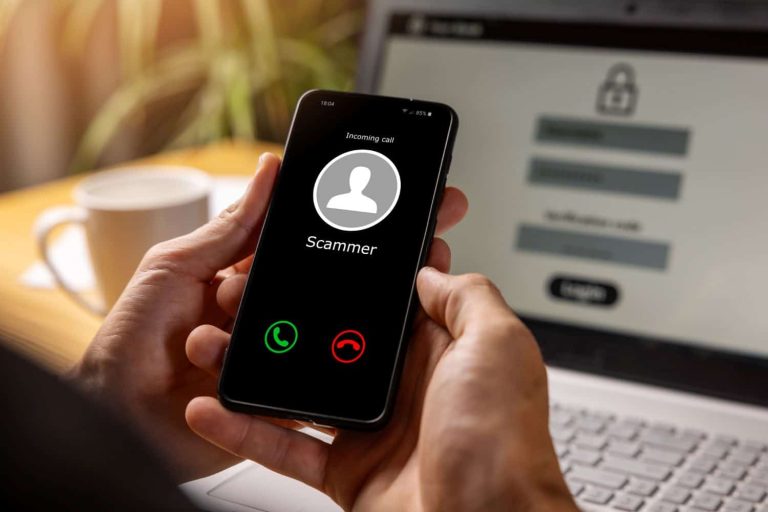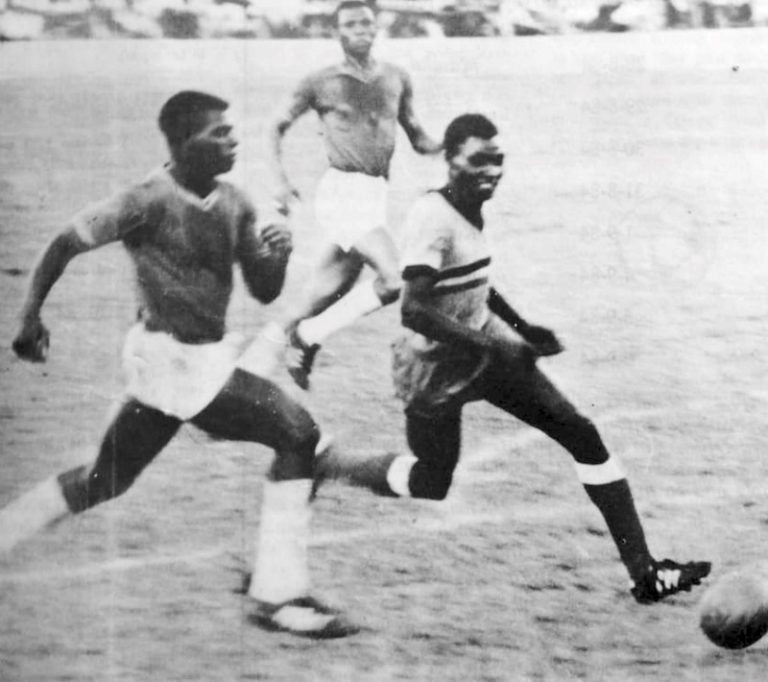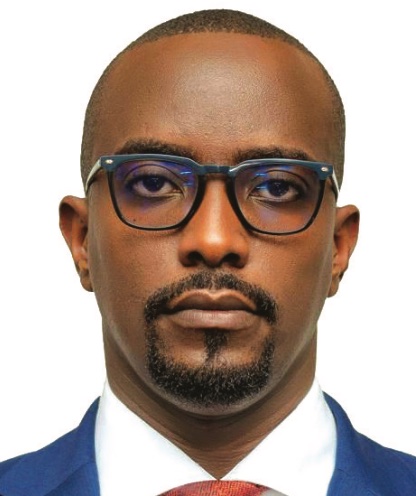
Screenshot

When the flag of Uganda was hoisted at midnight decades ago, the meaning of independence was clear: the absolute right to political self-determination.
It meant the power to chart our own course, to draft our own laws, and to control our destiny without command from a foreign or external power. Sixty-three years later we don’t seem to understand what independence is!
We are no longer bothered about how we reached here. We are out of a feeling captured beautifully by the spirit of Marcus Garvey: “A people without the knowledge of their past history, origin and culture is like a tree without roots.”
Upon the midnight hour, our founding fathers and leaders, like Uganda’s own Milton Obote, spoke not just of freedom from foreign rule, but of a guaranteed future on that fateful day of October 9, 1962.
They promised an advanced country, a nation where the chains of poverty would be broken by the hands of its own people. This vision was of total sovereignty, a state where our political victory would translate into economic prosperity and doing the right thing.
Brigham Young was quoted saying, ‘True independence and freedom can only exist in doing what’s right. I find myself independent doing what I believe is right regardless of others’ criticism.’
Being independent is doing what is right in your own understanding! I feel independent as a person because I have taken life decisions based on what I believe is right!
Today, I believe on a large scale, we are not independent; we must confront a painful truth: there is no stronger influence, no more effective tool for manipulation, than the simple act of a person or institution giving you money.
When a nation’s core budget, infrastructure, and even its policy decisions are dependent on grants, loans, or aid, political sovereignty becomes a brittle shell. The lender, regardless of their benevolent rhetoric, inevitably dictates the terms.
We cannot enhance the freedom of our people if our primary decisions are made in foreign boardrooms.
The Currency Trap: Giving Away Gold for Dollars.
Our financial dependency is laid bare in the humiliating reverence we pay to foreign currency. We are constantly praising the dollar over our own money, a crippling psychological and economic bias.
Imagine the stark reality of the peppercorn consideration: the practice of trading something immensely valuable, like our gold or irreplaceable mineral wealth, for a foreign paper that holds its value by the strength of another economy.
We trade real assets for fiat symbols, cementing our subordinate position. When you come to East Africa, I feel like crying. Recently, I felt the cold, hard reality of this dependency. Holding a stack of Shs 50,000 notes [one of the world’s best-designed notes] in a neighbouring Jumuiya country like Kenya, my money was nearly worthless outside my borders.
I have never felt so poor like this. That moment was a painful lesson: the piece of paper in my wallet is only as strong as the nation that backs it. When that paper is weak, our political voice is weak.
This is why the core argument must be stated clearly: Africans have not fully attained independence until they attain the financial muscle to control their own destiny. The fight for political freedom defined the last century.
The fight for economic and financial freedom must define this one. Only when everyone does the right thing under financial freedom will we be able to stand and say we are independent.
The author is a law student.



